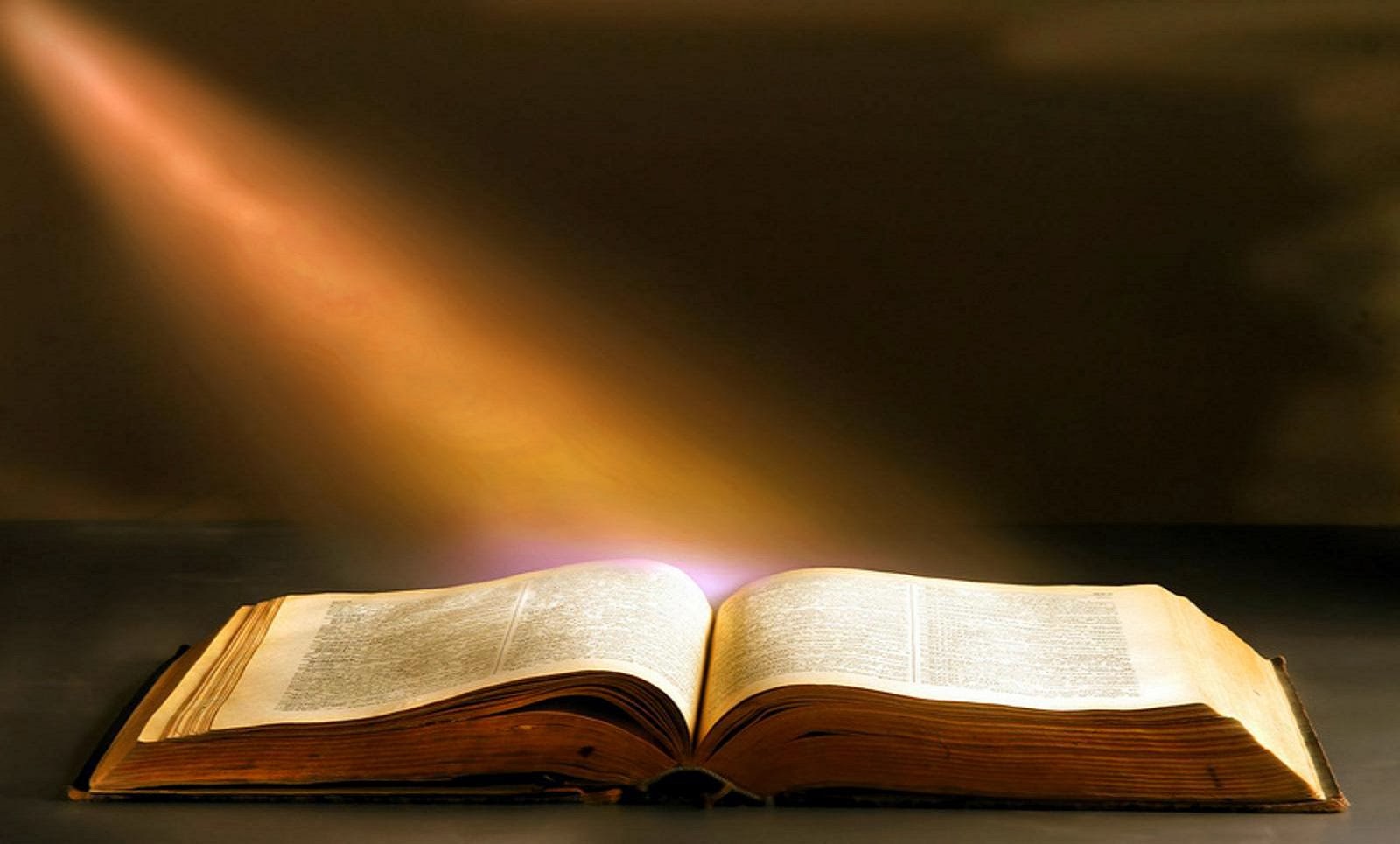The Only Bible

Google Images Last night I watched White House Down —for the second time. I had seen it on the big screen last year and when I discovered it was on television I decided to watch it again. Throughout the movie I found myself thinking, “This can’t be the same show! I don’t remember this!” Granted, my memory isn’t always the best, but honestly, though there were parts that I did remember having seen, most of it seemed new to me. But I also caught myself paying closer attention this time to the details. Perhaps in the back of my mind I did remember the story and now, months later, I had enough background tucked away back there to be able to focus on the nuances. Though there is a limit to the depth of most fiction, whether it be on the screen or in some other form, I would probably find something new in the movie should I ever watch it again. That same kind of thing happens when it comes to the Scriptures. This time we have a true story with depths that we can only begin to fathom. But...








